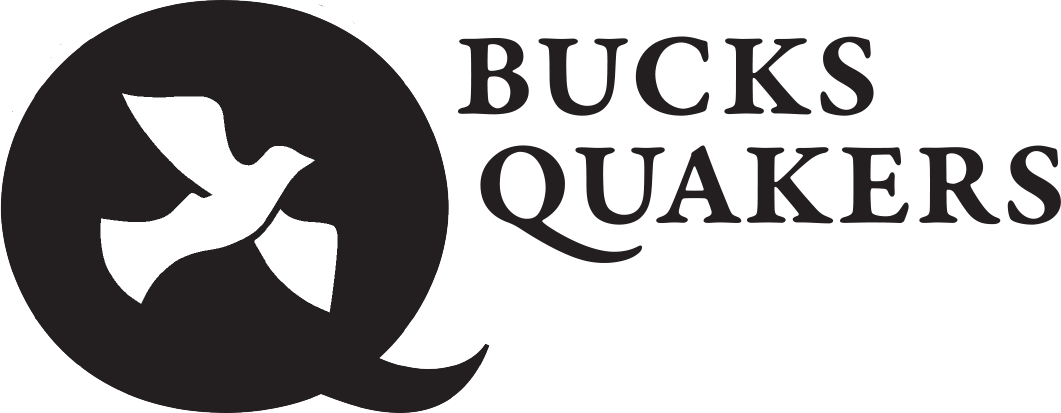Don’t Leave a Mess When You Go
On January 12th, Susan Woodman Hoskins, MSW, presented a workshop entitled, “Don’t Leave a Mess When You Go,” which focused on how to organize your end-of-life documents so that there will be an easy transition for your loved ones upon your death.
Susan earned her master’s degree in social work from Rutgers and began working in the field of community mental health. Later, reasoning that “aging happens to everyone,” she returned to Rutgers to get certified in gerontology. She became the Director of the Princeton Senior Resource Center (now Center for Modern Aging Princeton), working there for the next 20 years. During her tenure, she focused on healthy aging, including how to help people connect with the services that they and their families needed.
Susan Woodman Hoskins
That’s when she ran into the issue of preparing for the end of life. Not the hospice or medical side of it, but all those things that you need to do so that your papers are in order for your next of kin and your wishes are respected in the end.
Currently, Susan works part time for Friends Foundation for the Aging, moving from providing direct services to supporting agencies through grants.
In her workshop, she explained that many of the necessary documents can be completed without consulting a lawyer. “Part of what I put together in this presentation is all of those pieces you need to have in place and hopefully understanding how to get there.” She noted that you can search the internet for templates that walk you through all the necessary information you need to include.
And even when people know they need to have a will and an advance directive, many get stuck after that. She realizes that it can get complicated. “It’s really important who you pick as your surrogate if you can’t make decisions for yourself. They need to feel comfortable with the decisions that you’ve made and can also make decisions based on the circumstances.”
“We live in a culture that doesn’t want to talk about dying, so it raises people’s anxiety to talk about it,” she continued.
She also stressed the importance of having conversations with your family, friends, and doctors to let them know your wishes. She explained that she learned a lot by going on the aging journey with her parents and found that the clear parameters outlined by her father made making decisions easier.
She mentioned that these guidelines aren’t just for an older population. Anybody over the age of 18 needs to designate a proxy who can make decisions, and they should fill out a HIPPA form at their doctor’s office listing the people with whom they can share medical information.
Finally, it helps to have these documents stored in a digital format so you can access them from anywhere, because medical emergencies can happen anywhere and anytime.
An outline of the program is available for download here. Watch the full program on YouTube:
